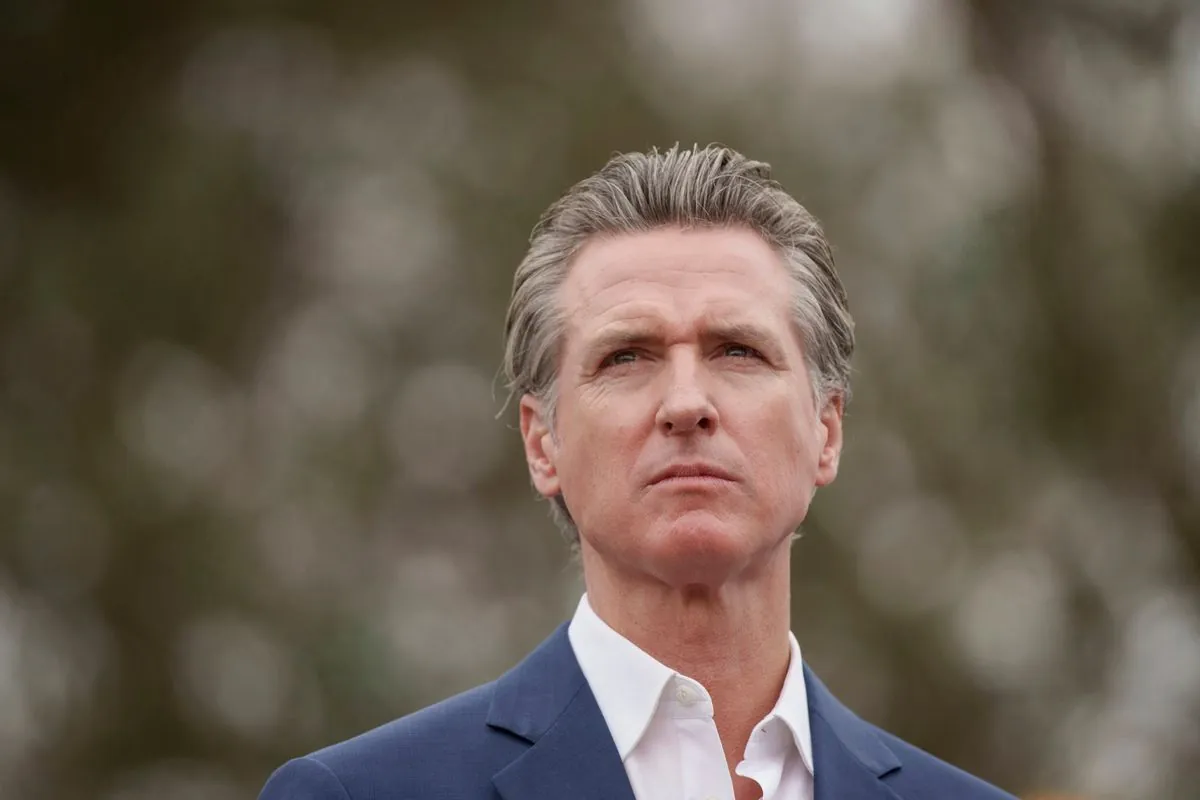In a significant move to protect minors in the digital age, Gavin Newsom, Governor of California, has signed new legislation targeting the misuse of artificial intelligence (AI) in generating harmful sexual imagery of children. This action, taken on September 30, 2024, underscores California's commitment to regulating the rapidly evolving AI industry.
The newly enacted laws aim to close a critical legal loophole by explicitly making AI-generated child pornography illegal. Previously, prosecutors faced challenges in pursuing cases involving such material if they couldn't prove it depicted real individuals. Under the new legislation, possession and distribution of AI-generated child sexual abuse imagery are now classified as felony offenses.
Marc Berman, the Democratic Assemblymember who authored one of the bills, emphasized the importance of this legislation:
"Child sexual abuse material must be illegal to create, possess, and distribute in California, whether the images are AI generated or of actual children. AI that is used to create these awful images is trained from thousands of images of real children being abused, revictimizing those children all over again."
These laws are part of a broader effort by California to address the challenges posed by AI technology. Earlier in September 2024, Newsom signed legislation to combat election-related deepfakes, although these laws are currently facing legal challenges.
The issue of AI-generated sexual content has become increasingly prevalent in recent years. In March 2024, a school district in Beverly Hills expelled five middle school students for creating and sharing fake nude images of their classmates using AI tools. This incident highlights the growing accessibility and misuse of AI technology among younger populations.
California's actions reflect a nationwide trend, with nearly 30 states implementing measures to address AI-generated sexually abusive materials. Some states have enacted protections for all individuals, while others focus specifically on minors.
As the home to Silicon Valley and many leading AI companies, California is uniquely positioned to lead in AI regulation. The state's efforts extend beyond child protection, with Newsom exploring the use of generative AI for public services while also considering regulations against AI discrimination in hiring practices.
The AI industry has come a long way since its conceptualization in 1956 at Dartmouth College. Today, it is projected to reach a global market value exceeding $1 trillion by 2030. As the technology continues to advance, the need for comprehensive regulation becomes increasingly apparent.
While these new laws represent a significant step forward, some critics, including Los Angeles County District Attorney George Gascón, argue that they don't go far enough. Gascón expressed concern that penalties for sharing AI-generated revenge porn should also apply to individuals under 18.
As AI technology continues to evolve, California's approach to regulation may serve as a model for other states and potentially influence federal policy. The challenge lies in balancing innovation with protection, ensuring that the benefits of AI are realized while safeguarding vulnerable populations from its potential misuse.
